From December 4th to 7th, 2023, the Thai-Lao-Myanmar Cooperation Development Project, led by Ms. Wilawwan Noipa, the project leader, and the research team from the Thailand Environment Institute, initiated efforts to manage and reduce cross-border smoke pollution. They engaged with pertinent local authorities to address forest fire and air pollution issues in Chiang Mai Province, located in Northern Thailand. The primary goal was to exchange ideas for collaborative endeavors in preventing and addressing transboundary smoke and pollution concerns in the northern region of Thailand and along the borders with neighboring countries.
Meetings involved key organizations such as the Forest Resource Management Office No. 1 and the Chiang Mai Forest Fire Operation Center, focusing on preparedness, incident response, and recovery from forest fires. Furthermore, there were concerted efforts to empower local communities in controlling forest fires. The project collaborated with the Research Institute for Environmental Science at Chiang Mai University, offering academic and technological support for managing smoke and fine particle pollution to address air quality issues in northern Thailand.
The initiatives encompassed hot spot mapping systems, agricultural adjustment systems, promotion of farming practices, and the development of areas related to fire prevention and pollution mitigation. Collaboration extended to various entities, including the Chiang Mai Provincial Disaster Prevention and Mitigation Office, the Natural Resources and Environment Office in Chiang Mai, and the Northern Development Foundation—an organization from the private sector contributing to continuous local development.
The project team engaged with the Institute of Research and Development in Highland Areas (a non-governmental organization) to gather valuable information and insights for planning suitable operational strategies. They adapted and implemented these strategies according to the local context, aligning them with the area's needs. Additionally, the team met with cooperative authorities and supported the project's implementation with the Institute of Research and Development in Highland Areas—an organization associated with a large corporation that provided useful data and insights for planning appropriate operational strategies. These strategies aimed to reduce traditional burning practices within communities in Laos and Myanmar, promoting sustainable development.
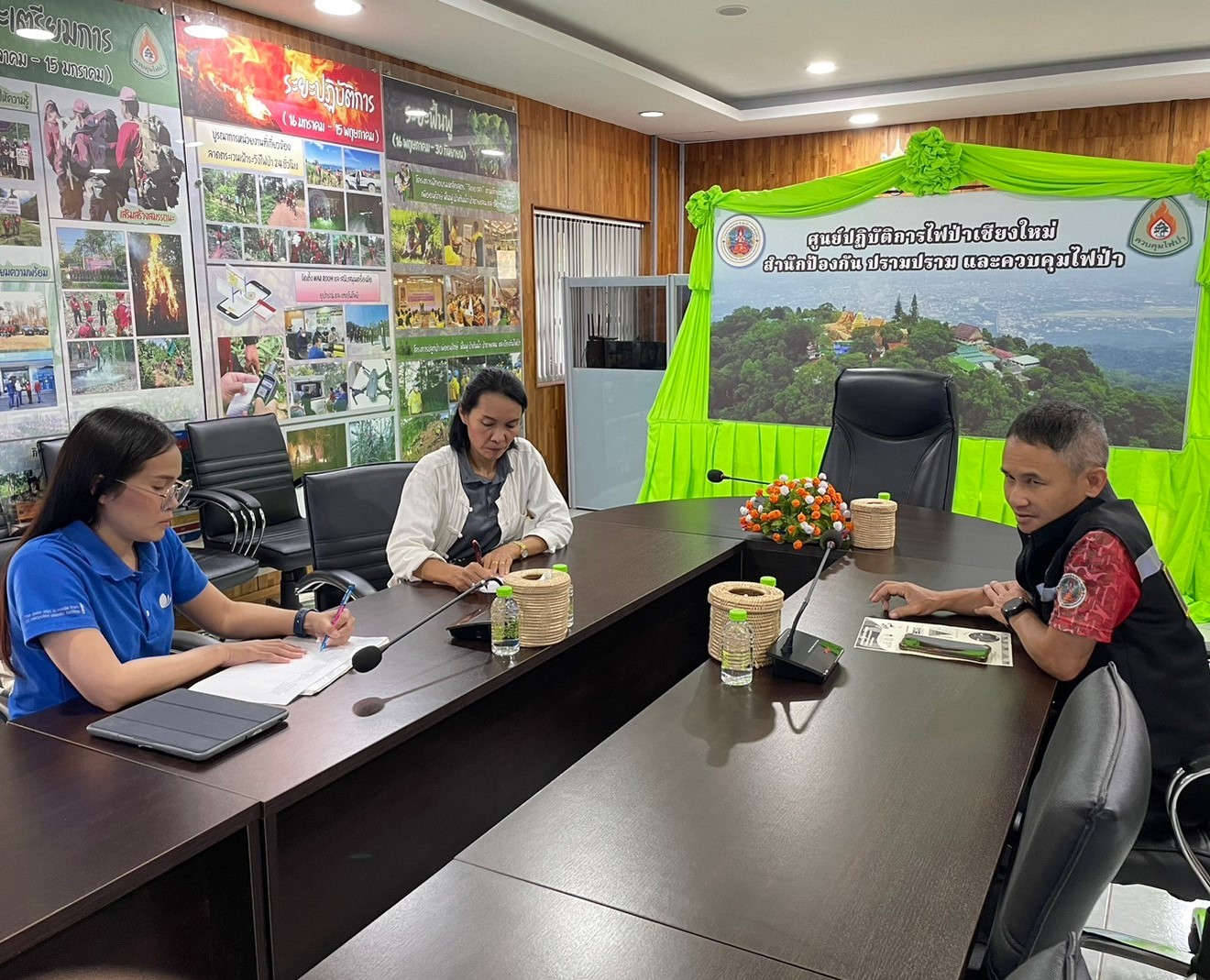
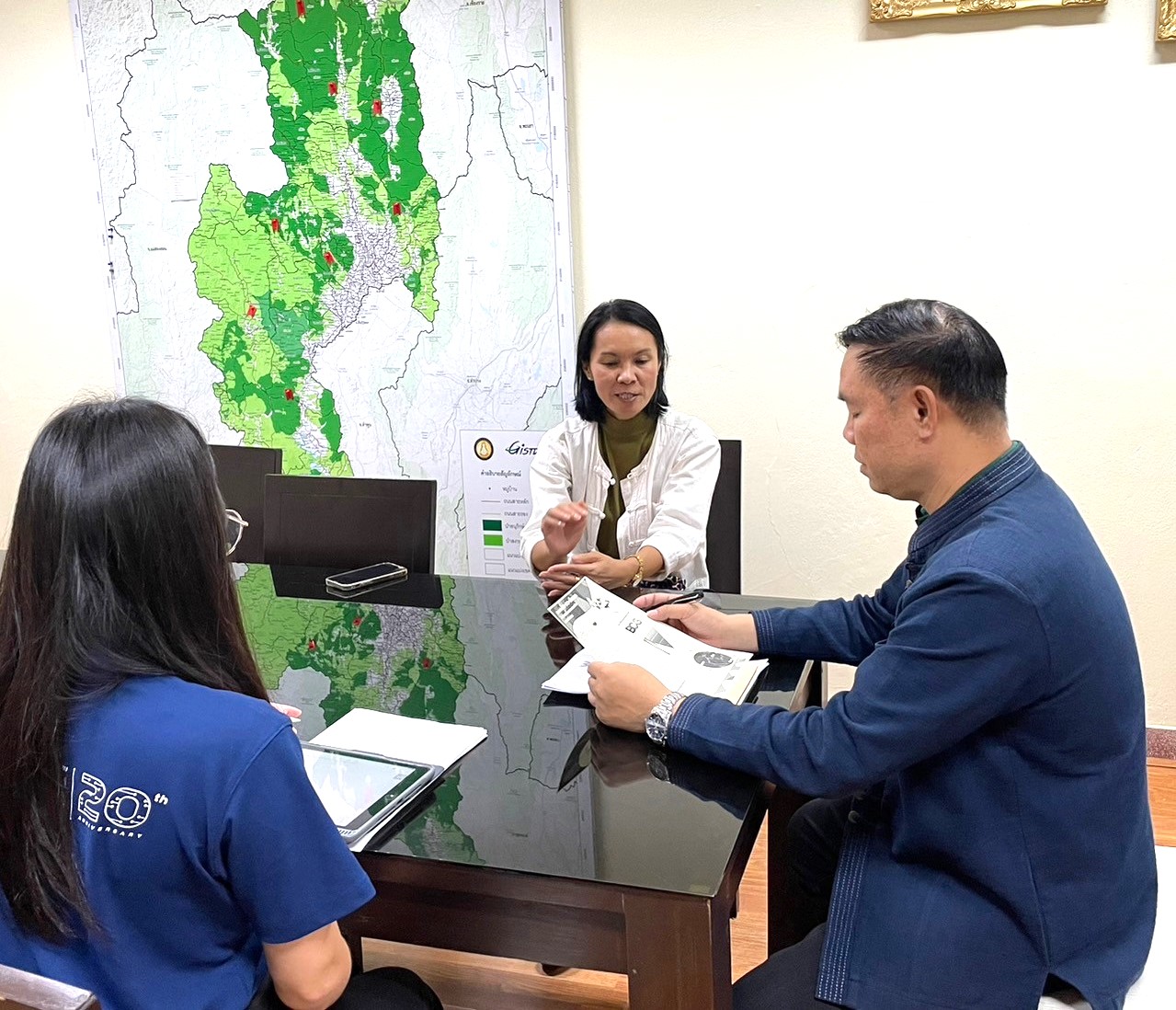
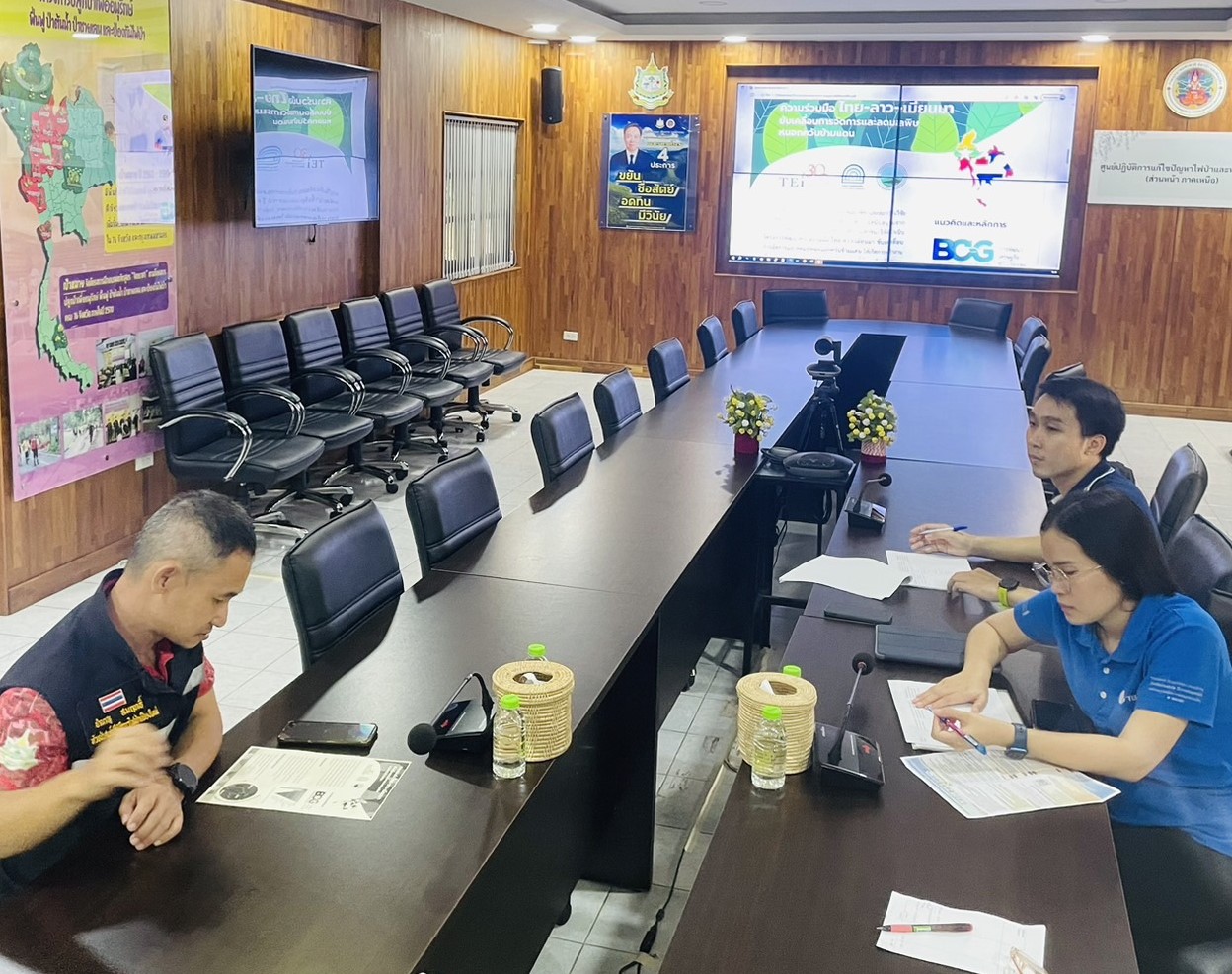
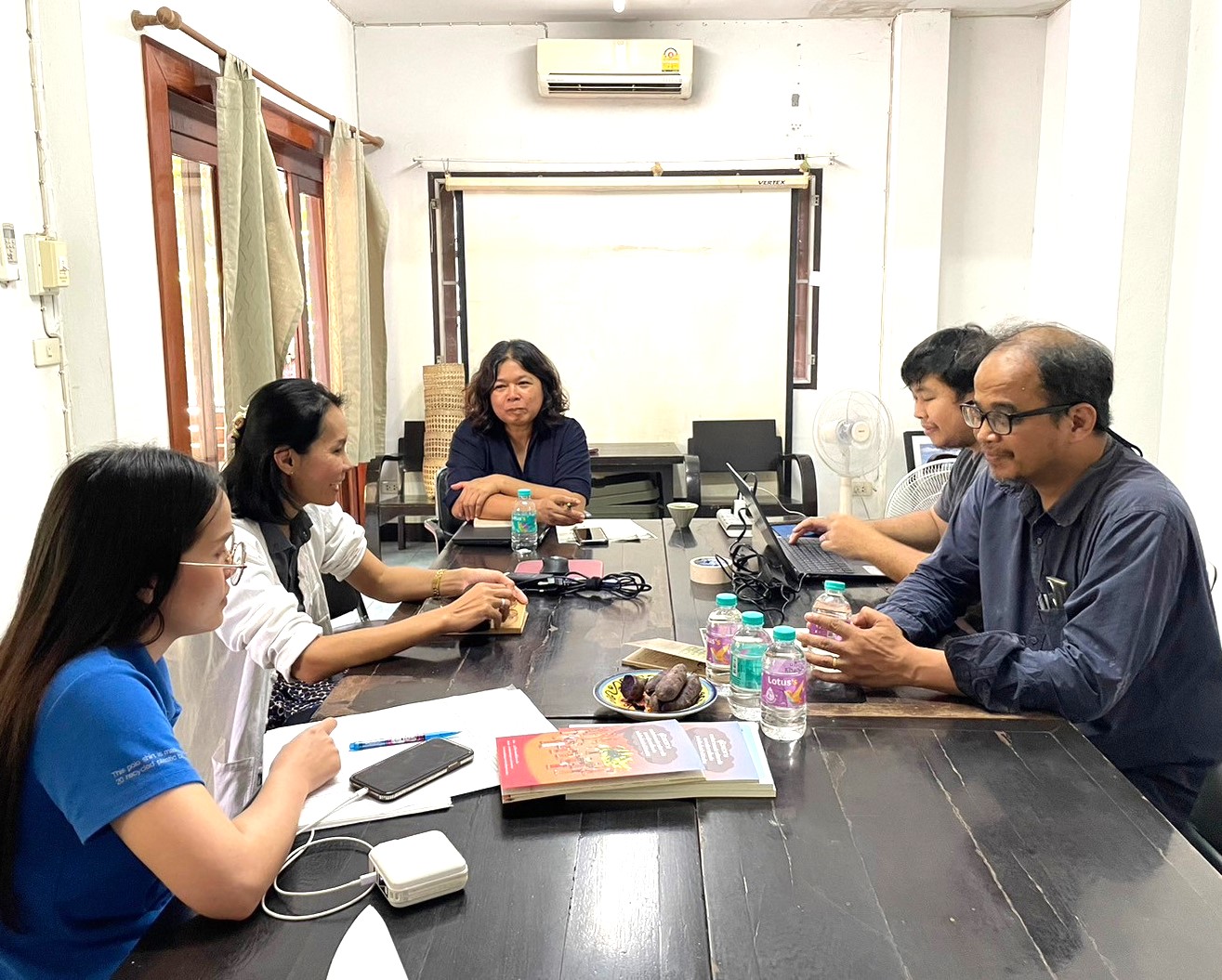
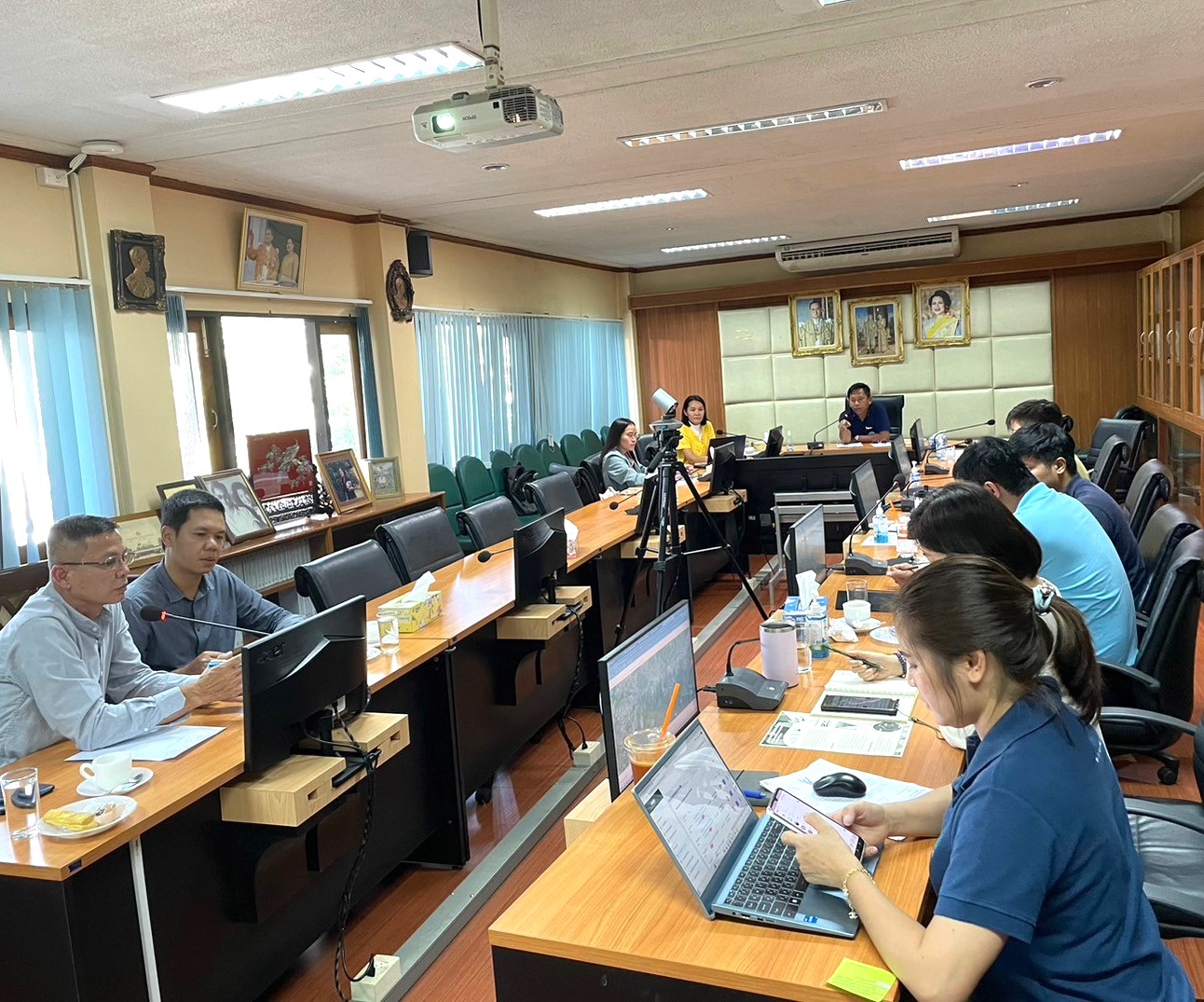
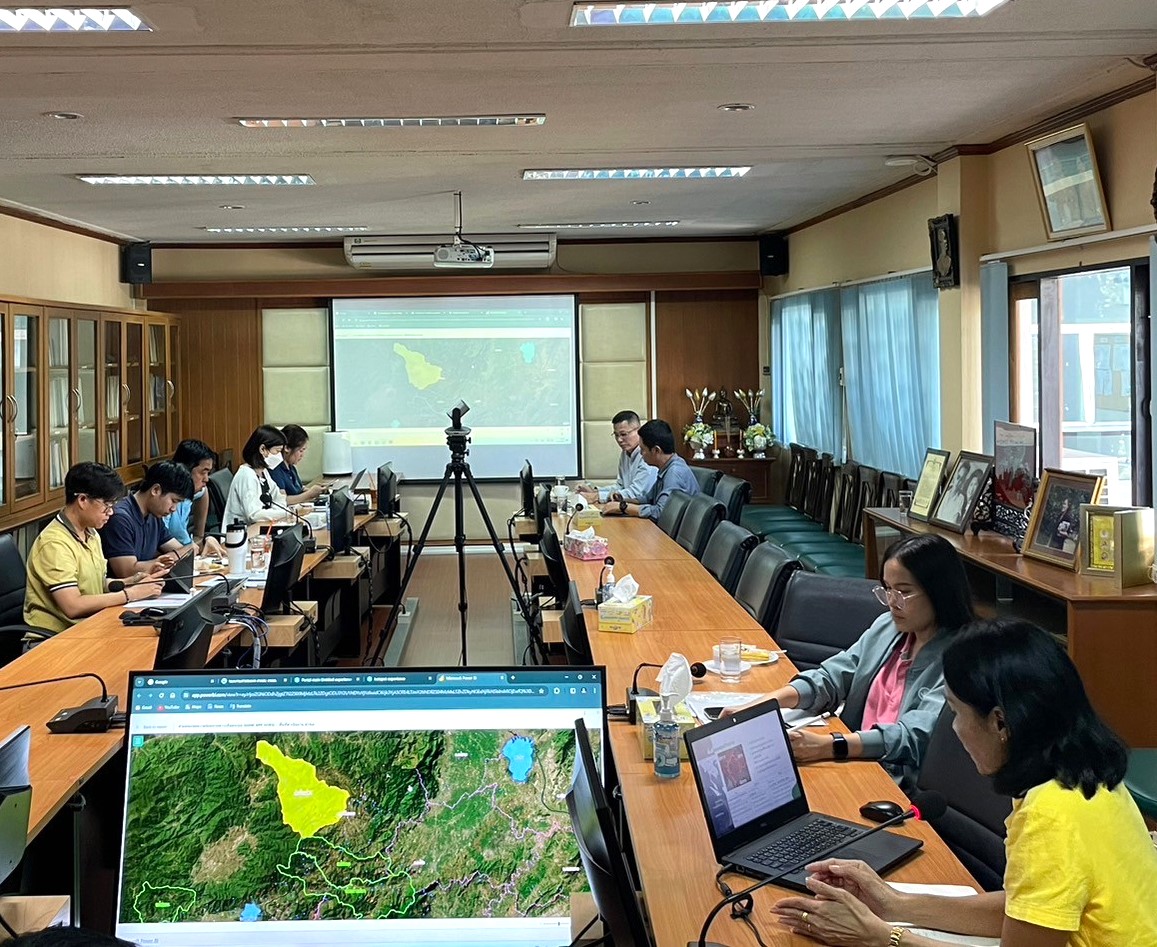
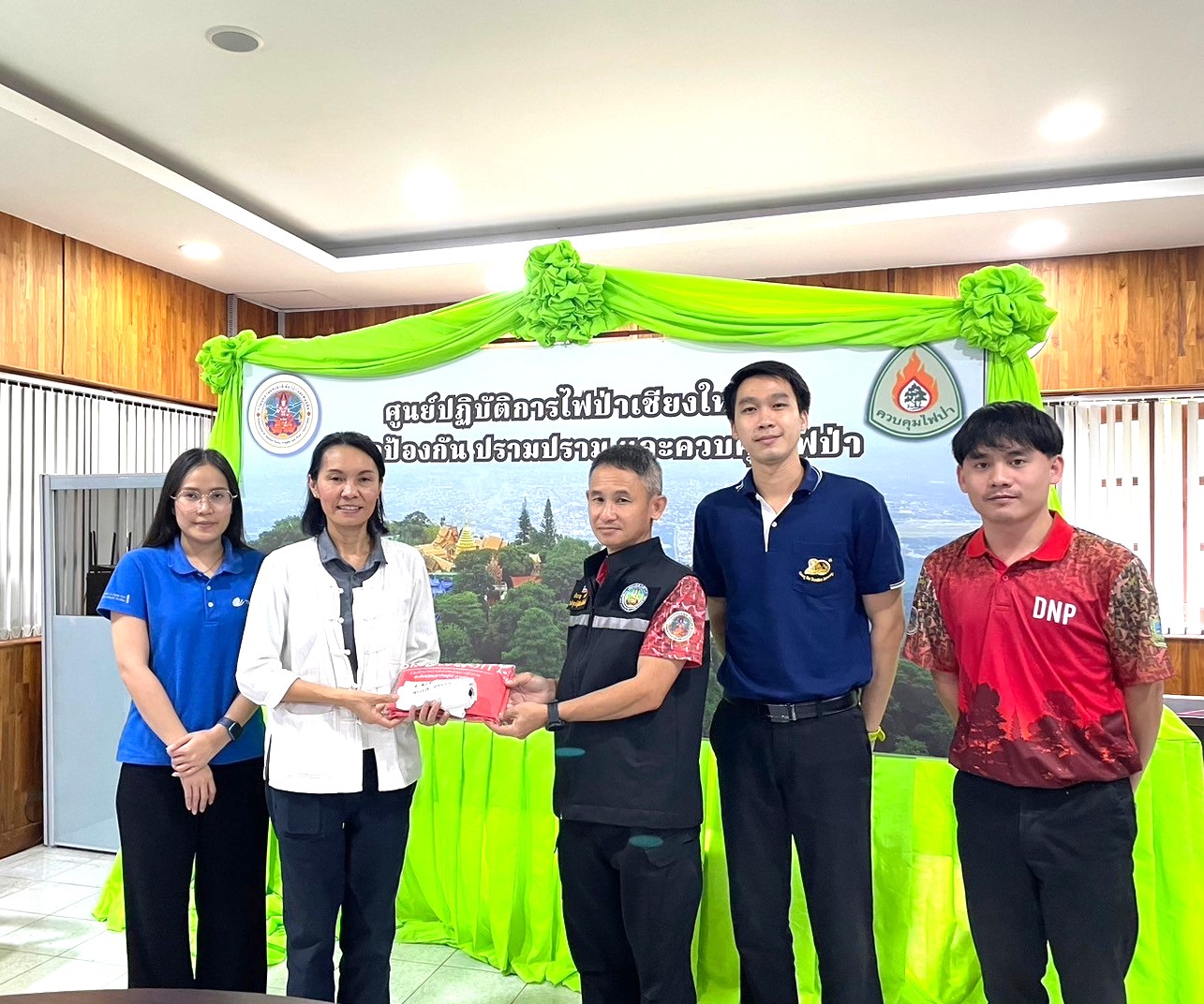
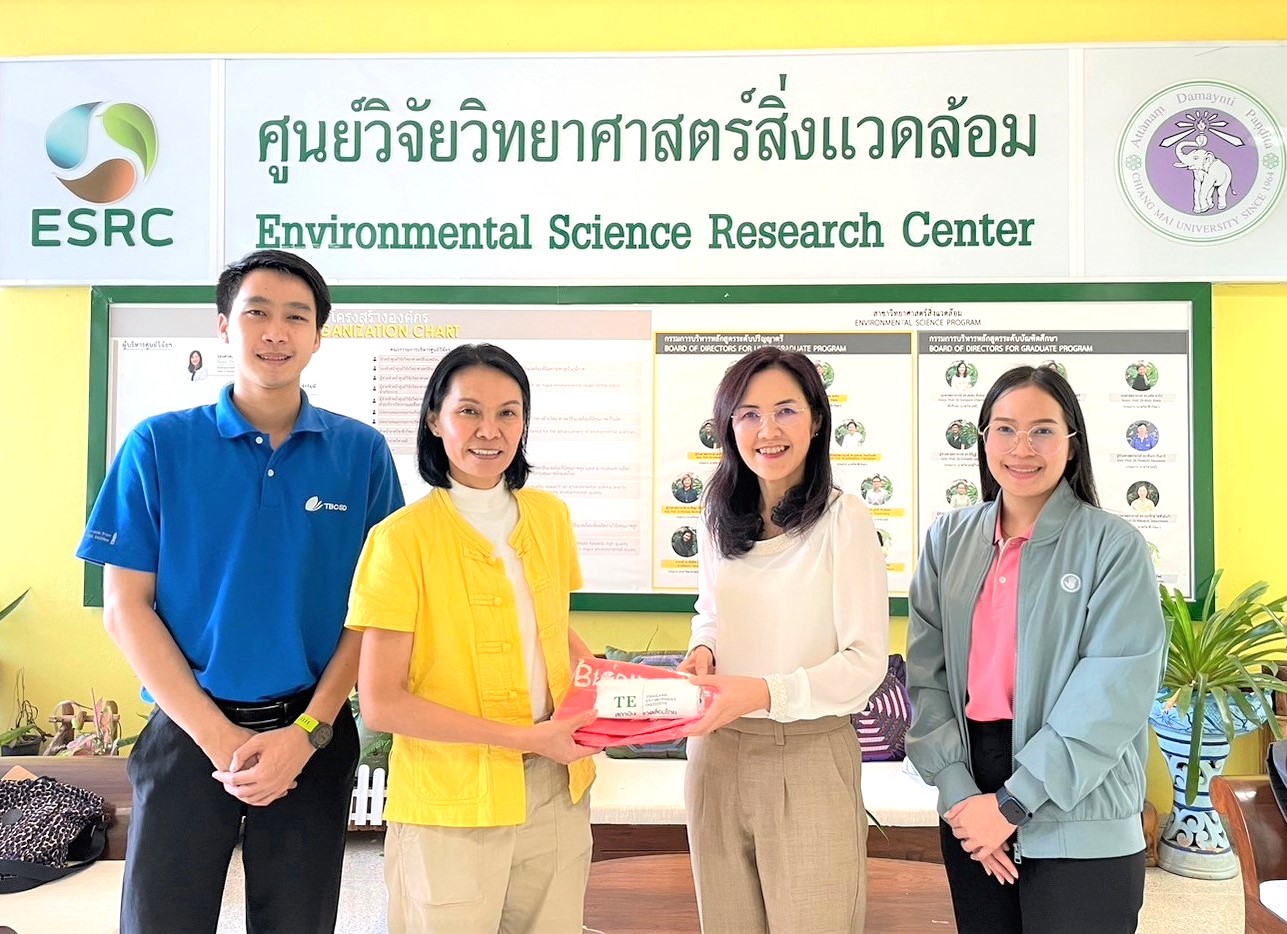









Share: